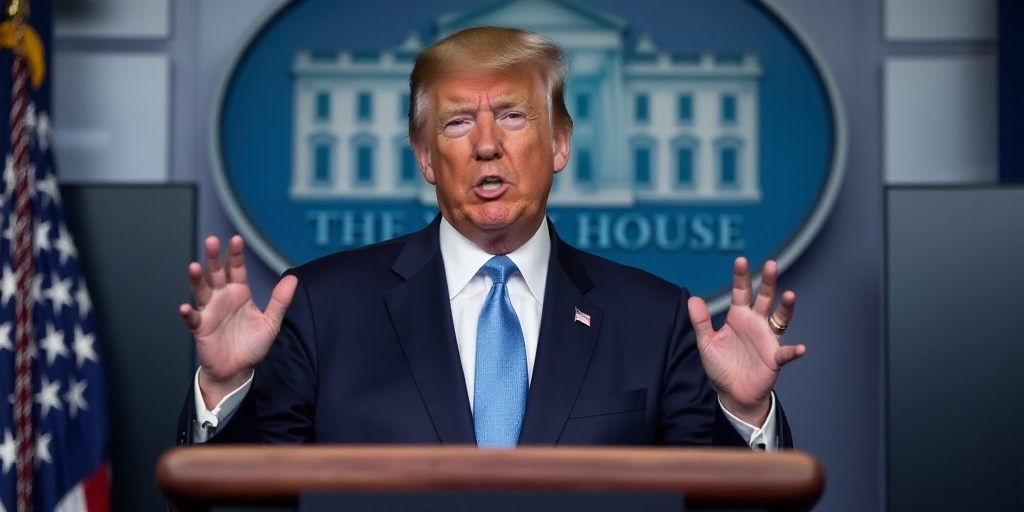Background on Key Players and Relevance
The United States Senate, led by Republicans, is currently attempting to pass President Donald Trump’s extensive tax-cut and spending bill. This legislation, estimated to impact the national debt by $3.3 trillion, has sparked internal disagreements within the Republican party regarding its potential consequences.
The “Vote-a-rama” Process
Senators engaged in a marathon session known as “vote-a-rama,” which involves a series of amendments proposed by both Republicans and Democrats. This process allows Republicans to circumvent Senate rules that typically require 60 out of 100 members to agree on legislation.
Challenges and Delays
Approximately 12 hours into the voting, it remained unclear how long the process would last. Lawmakers cited the need to determine if amendments adhere to special budgetary standards as a cause for delay.
Republican Position and Democratic Response
Senate Majority Leader John Thune expressed uncertainty about the bill’s passage, stating, “We won’t know until we vote.” Republicans cannot afford to lose more than three votes in either chamber to pass a bill opposed by united Democrats.
The Congressional Budget Office, an independent entity, released its assessment of the bill’s impact on the $36.2 trillion national debt on Sunday. The Senate version is estimated to cost $3.3 trillion, $800 billion more than the House-approved bill last month.
Many Republicans dispute this claim, arguing that extending current policies won’t increase the debt. However, international investors perceive incentives to diversify their investments away from the US Treasury bond market.
Democrats hope that the final figure, which has alarmed many, will create enough anxiety among conservatives concerned about finances to persuade them to oppose the bill, which controls both chambers of Congress.
Key Speeches and Arguments
Democratic Senate Minority Leader Chuck Schumer stated in a speech to the Senate, “This bill takes healthcare away from people and raises their electricity bills to pay for tax breaks for multimillionaires.”
Thune countered that tax cuts would benefit families and small businesses while defending reductions in social safety net programs. He also argued that Medicaid’s growth is unsustainable and requires improvements and reforms to increase efficiency.
Key Questions and Answers
- What is the main issue at hand? The US Senate is trying to pass President Trump’s tax-cut and spending bill, which has caused internal disagreements within the Republican party due to concerns about its impact on the national debt.
- What is the “vote-a-rama” process? It’s a marathon session where senators vote on numerous amendments proposed by both Republicans and Democrats to bypass typical Senate rules requiring 60 out of 100 members’ agreement on legislation.
- Why are there delays in the voting process? Lawmakers need to ensure that amendments adhere to special budgetary standards, causing the delay.
- What are the concerns regarding the bill’s impact on the national debt? The Congressional Budget Office estimates that the Senate version will cost $3.3 trillion, which is $800 billion more than the House-approved bill. While some Republicans argue that extending current policies won’t increase the debt, international investors see incentives to diversify their investments away from US Treasury bonds.
- What are the Democratic arguments against the bill? Democrats claim that the bill takes healthcare away from people and raises electricity bills to fund tax breaks for the wealthy. They also argue that Medicaid requires improvements and reforms to become more efficient.






